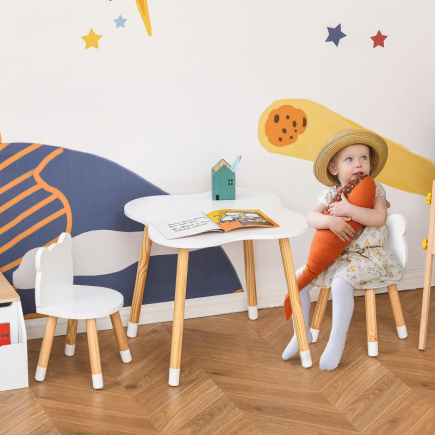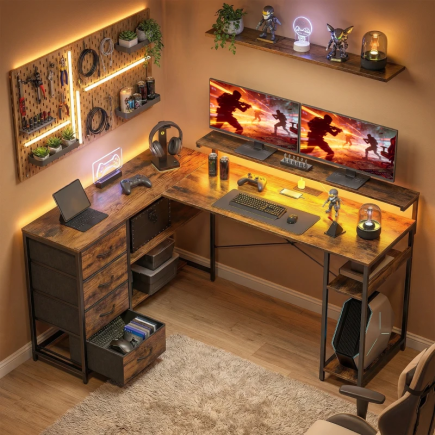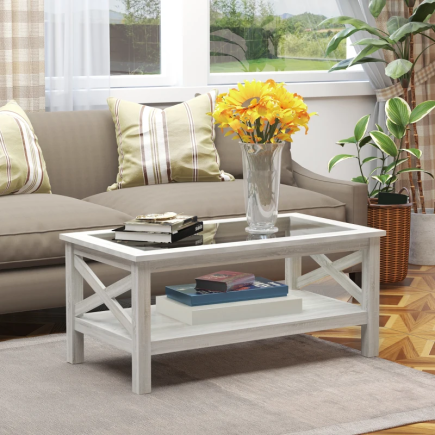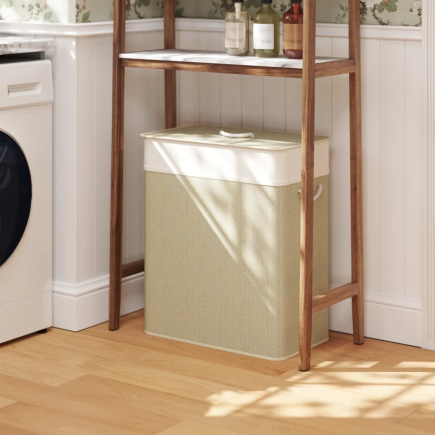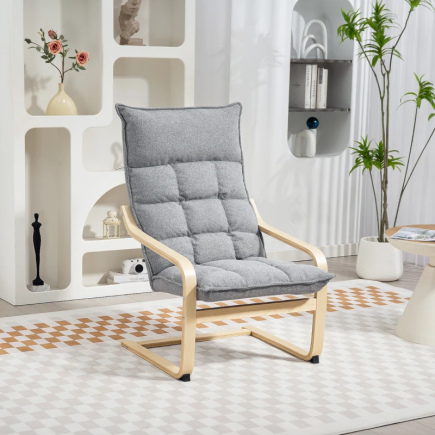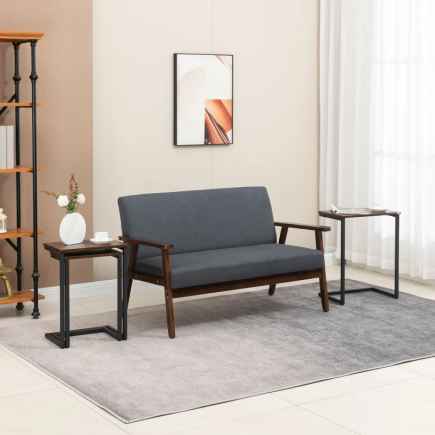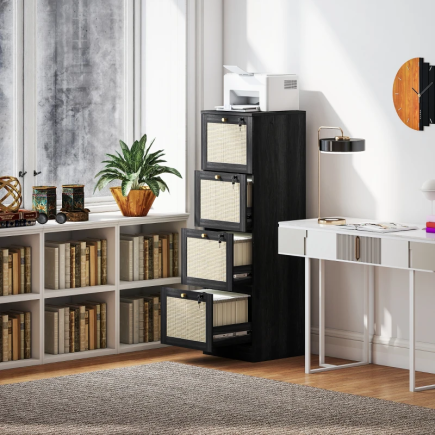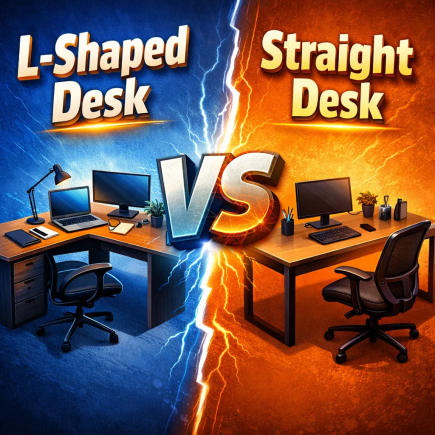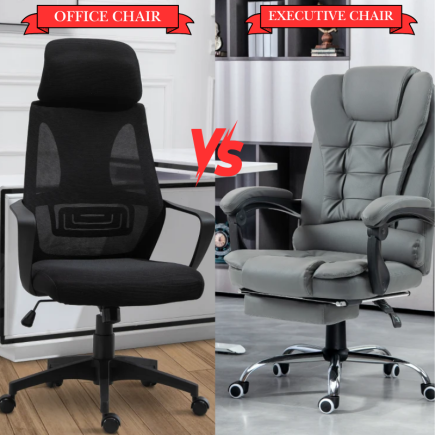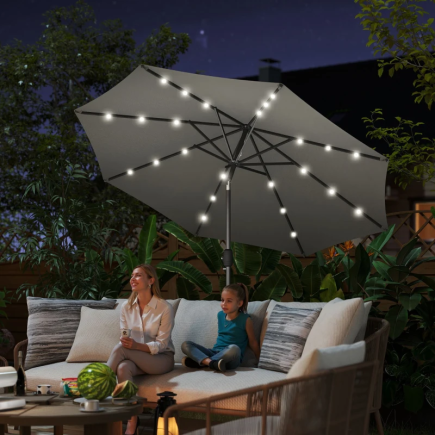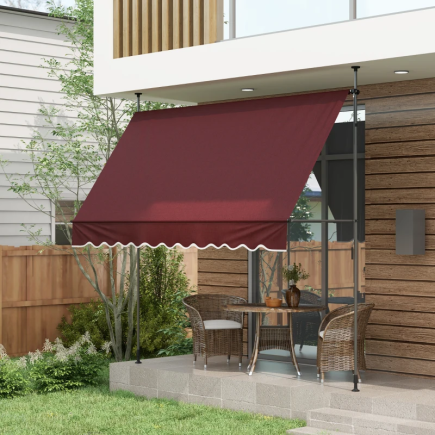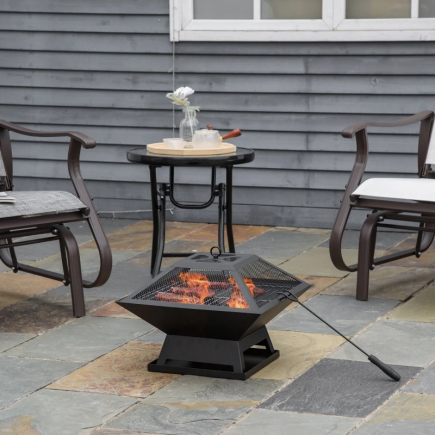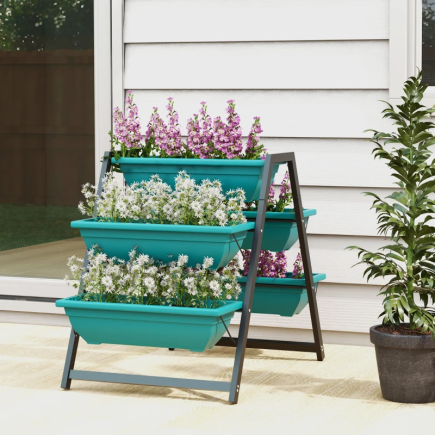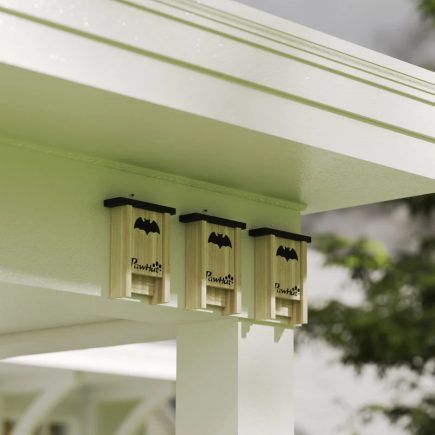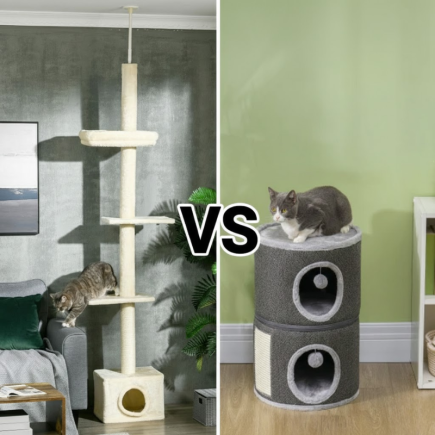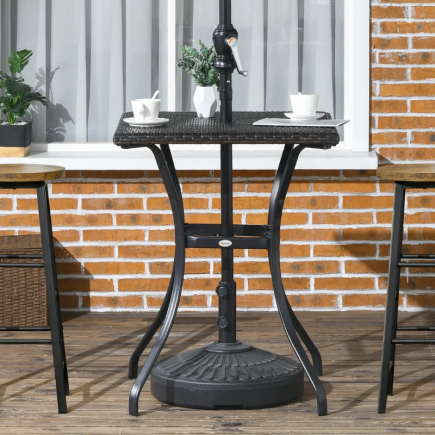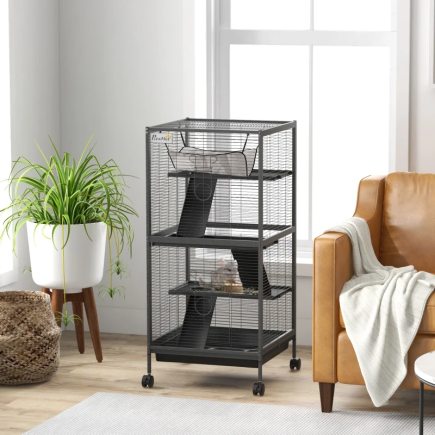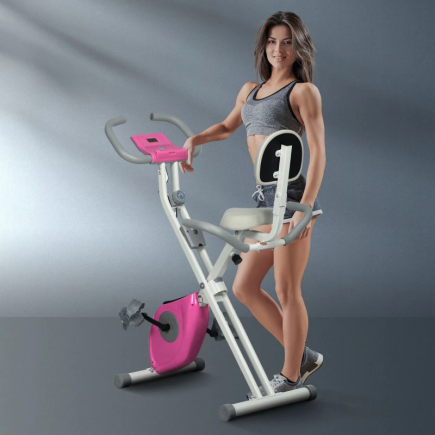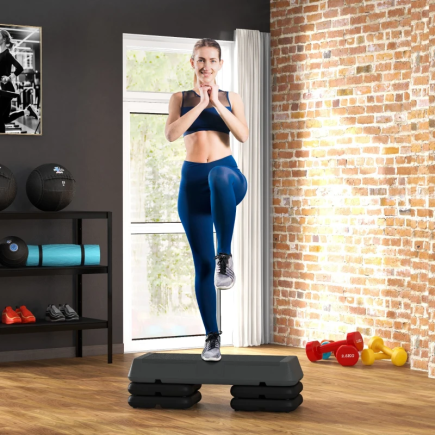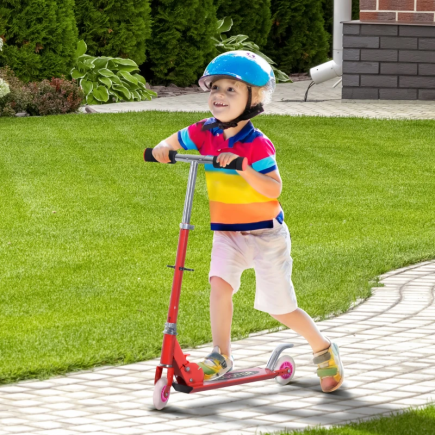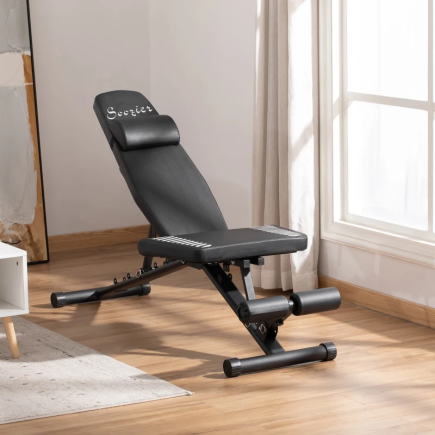
Room dividers are powerful tools for organizing, decorating, and maximizing the function of your living space without permanent walls. Whether you want to carve out a private nook, separate a work area, or just add some visual interest, choosing the right type of divider is key.
This guide walks you through 10 popular styles, explaining what makes each unique and helping you decide what fits your needs best.
1. Pegboard Panel Room Dividers

Pegboard Dividers are designed to do more than just divide rooms — they provide an adaptable surface for hanging décor, tools, or accessories. With perforated panels, these dividers are perfect for creative spaces where functionality meets aesthetics.
Features:
- Solid wood or composite panels featuring evenly spaced holes
- Hooks and accessories can be added anywhere on the panels
- Typically foldable with connected panels for easy setup and storage
- Allows light and air to flow through the holes, keeping the space airy
Pros:
- Provides storage and display options in addition to privacy
- Ideal for workspaces, studios, or craft rooms needing flexibility
- Encourages personalization and organization
Cons:
- Does not fully block the view due to perforations
- Heavier than fabric or woven dividers depending on material
2. Detachable Panel Dividers

These modular dividers allow panels to be detached and used individually or combined for larger coverage. This versatility makes them ideal for rooms where the layout needs to change frequently.
Features:
- Lightweight panels connected by hinges that can be detached
- Foldable and easy to transport or store
- Often available in printed designs or solid colors for aesthetic flexibility
Pros:
- Highly adaptable to changing needs and spaces
- Easy to move and rearrange as required
- Adds decorative appeal to any room
Cons:
- May require assembly during initial setup
- Gaps between panels reduce total privacy
3. Room Dividers with Built-In Shelves

Room Divider With Storage Shelves comes with foldable features, these dividers come with shelves integrated into the panels. This design maximizes vertical space and allows you to keep essentials or decorations within reach.By combining storage and separation, these dividers can help define different areas, which is key when considering using room dividers in a studio apartment effectively.
Features:
- Solid wood or engineered panels with attached shelves
- Shelves suitable for books, plants, or small décor items
- Folding mechanism for compact storage
- Elevated feet or base to protect flooring and enhance stability
Pros:
- Provides dual functionality, saving space and adding privacy
- Ideal for small apartments or studios
- Adds a decorative element through displayed items
Cons:
- Shelf load capacity is limited to lightweight objects
- Assembly required in most cases
4. Fabric Panel Dividers

Fabric dividers use stretched textile over wooden or metal frames to create soft, lightweight partitions. They maintain privacy without sacrificing natural light.
Features:
- Translucent or opaque fabric panels
- Frames made from wood or metal
- Foldable design for portability and storage
- Available in various colors and textures
Pros:
- Lets natural light filter through, keeping rooms bright
- Lightweight and easy to move
- Adds warmth and softness to the room’s ambiance
Cons:
- Limited sound absorption
- Fabric may require delicate cleaning and maintenance
5. Woven Bamboo Room Divider

Natural materials like woven fibers, bamboo, or rattan provide textured, breathable partitions. These Bamboo Room Dividers introduce organic warmth and character to spaces.
Features:
- Handwoven natural fibers on bamboo or wood frames
- Often include decorative arches or curves
- Lightweight and foldable for easy movement
Pros:
- Adds natural texture and warmth
- Provides airflow while maintaining some privacy
- Suitable for rustic, tropical, or bohemian styles
Cons:
- Semi-transparent, limiting full privacy
- Materials can be fragile and require careful upkeep
6. Compact Three-Panel Dividers

Smaller and more portable, three-panel dividers are perfect for creating subtle boundaries in tight spaces like studios or small bedrooms.
Features:
- Lightweight frames with fabric or solid panels
- Foldable for easy storage
- Smaller coverage suited to limited space
Pros:
- Easy to move and store
- Efficient for small rooms or corners
- Generally budget-friendly
Cons:
- Limited room coverage
- Offers minimal soundproofing
7. Six Panel Traditional Woven Paper

6 Panel Classic Divider, uses woven paper or fabric stretched over wooden or metal frames, offering gentle privacy while promoting airflow.
Features:
- Panels crafted from woven paper or textile
- Foldable frame for easy repositioning
- Lightweight for portability
Pros:
- Timeless style suitable for various décors
- Balances privacy with airflow
- Easy to move and store
Cons:
- Panels may be somewhat translucent
- Materials can be delicate and need gentle care
8. Farmhouse Style Panel Dividers

Four Panel Wall Partition Farmhouse Room Dividers with decorative detailing and sturdy construction, designed for large rooms or open-plan layouts.
Features:
- Solid wood panels with farmhouse-style accents
- Multiple folding panels with adjustable hinges
- Larger dimensions for wide room division
Pros:
- Strong and durable
- Adds warmth and rustic charm
- Adjustable layout options
Cons:
- Heavy and bulky to move
- Requires significant storage space
9. Printed Fabric Panel Dividers

These dividers use printed fabric stretched over frames to create artistic, colorful partitions that stand out as décor elements.
Features:
- Lightweight frames with vibrant printed textiles
- Foldable for easy use and storage
- Available in many designs and colors
Pros:
- Adds visual interest and personality
- Offers moderate privacy with light control
- Portable and quick to set up
Cons:
- Fabric may fade or wear over time
- Limited noise insulation
10. Painted Wood Panel Dividers with Shelves

Painted wood dividers with built-in shelving provide an elegant way to separate spaces while offering functional storage.
Features:
- Painted folding wood panels
- Integrated shelving for décor or essentials
- Elevated feet for floor protection and stability
Pros:
- Combines storage and privacy efficiently
- Stylish painted finish complements various interiors
- Durable and stable
Cons:
- Shelves support only light objects
- Requires assembly
Choosing the right Room Divider depends on your space, style, and functional needs. Whether you want a multi-purpose pegboard, a flexible modular screen, or a cozy fabric partition, there’s a solution that fits. Consider features like material, portability, privacy, and added functionality to make the best choice. With these 10 types, transforming your space has never been easier.
FAQs
1. How can I increase privacy with a room divider?
To increase privacy, choose dividers made of solid materials like wood or bamboo, which offer more separation. You can also opt for thicker fabric panels or woven bamboo dividers with minimal gaps for better coverage. If you need more privacy, consider a multi-panel divider.
2. What type of room divider is easiest to move?
Fabric and three-panel dividers are lightweight and portable, making them perfect for easy movement. These options fold easily and don’t require heavy lifting or assembly. They’re ideal for temporary setups or shifting spaces quickly.
3. How do I clean fabric room dividers?
Fabric room dividers often require delicate cleaning. Spot clean with a damp cloth or use a fabric-specific cleaner. For larger cleaning, check the manufacturer’s instructions, some can be machine washed, while others require dry cleaning.
4. Can I store items on a room divider?
Yes, room dividers like those with built-in shelves or pegboards offer functional storage options. Use these dividers to store books, plants, or decor. Just ensure you don’t exceed weight limits for the shelving or accessories.
5. What type of divider is best for a small room?
Compact three-panel dividers or fabric panel dividers are great for small rooms. They offer flexibility without taking up too much space and can be folded away when not in use. Consider lightweight designs for ease of movement in tight spaces.

